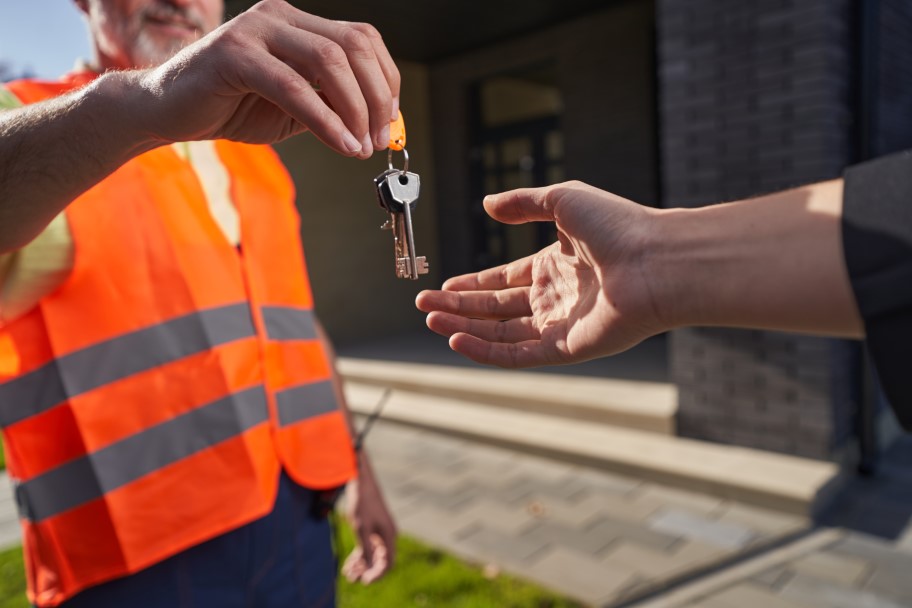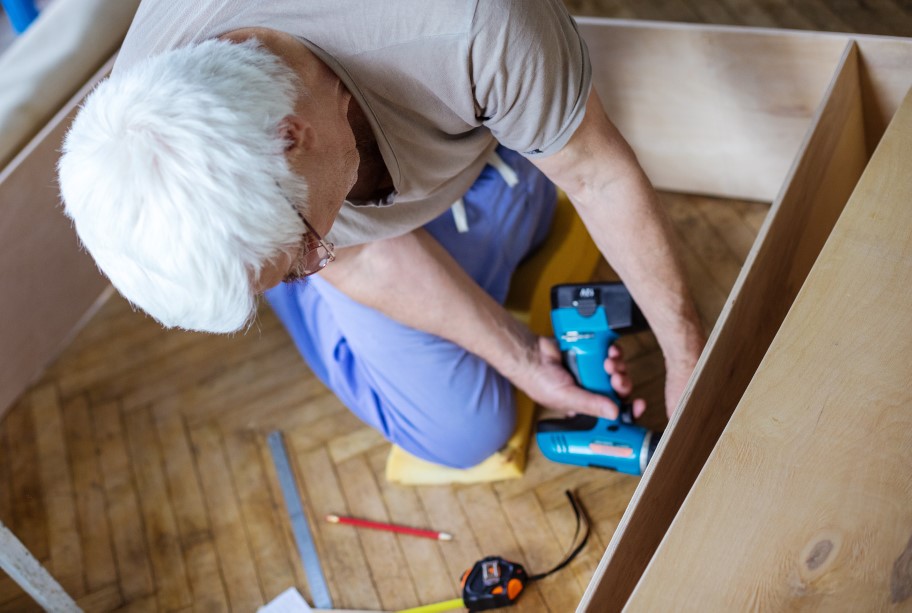
How long do landlords have to fix problems in their properties that are being leased is one of the top questions UK tenants ask. The tenancy agreement you probably signed at the beginning of your tenancy should have had clauses for minor repairs and major improvements on the property you’re paying good money to live in. For example, a broken boiler in cold weather would be an urgent repair because it obviously is a hazard to the health of the tenant and safety of the property. The urgency of the repair should also be a separate section, described in detail in the tenancy agreement; for example, if there is an issue with plumbing, some electrical fault, or any other part that makes the property uninhabitable or endangers the health and safety of the tenant.
One thing that is important to remember is that no matter what your tenancy agreement says regarding emergency repairs or minor repairs, for that matter, they are all trumped by the UK tenancy act. That is the law that governs the rights and obligations of landlords and protects the tenant’s interest in the property.
Which Repairs Do UK Landlords Have to Do?
Problems regarding the items below are required to be repaired immediately by the house in the UK under the Tenancy Act whether the housing association and local councils or private landlords:
- Electrical faults
- Heating and hot water
- Blocked drains
- Gas and electrical appliances
- Gas pipes, gas leak repairs
The landlords also need to perform repairs so that their property is kept safe at all times and does not pose any risk to their tenants.
Generally, it is the landlord’s responsibility to repair anything that becomes a risk to health and safety. The landlord shall have all repairs done in order to make the property habitable. They must take urgent action with all due haste to rectify the problem within a reasonable time. What is a reasonable time is dependent on the emergency. Changing of light bulbs can wait for a couple of hours or even a couple of days, depending on their location. Electrical faults or any other problem with the house or apartment and suspected gas leaks need to be sorted immediately. It all comes down to the safety standards outlined in the tenancy agreement and the rental contract and the Tenant Act. Landlords have a due diligence of care in the property they let, the property should be kept safe at all times and presented as no danger to their tenant.



In other words, if you think that your landlord has failed to complete the repairs – urgent or minor – within a reasonable timeframe, then you may go to the authorities. Your local council’s Environmental Health Department would like to hear from you, especially if you are a vulnerable tenant whose health and safety is being threatened due to a landlord who has not adhered to the standards in maintaining health and safety.
What to Do If Your Landlord Doesn’t Fix Urgent Repairs in the UK?
Well, in case urgent repairs are overdue in your rental property, the first thing you need to do is open the website of your local council and find there the contacts of your environmental health department. This intervention from the local councils is a right of the tenants if the landlord fails to carry out the necessary repairs. They may also have an online complaint form to which you could forward your complaint or even a telephone number you could call. Usually, local councils take complaints like this quite seriously, and they should send an inspector to your property in short order to check what the situation is and determine whether your health and safety are put at risk by your landlord not taking immediate action on emergency repairs that are due on the property. If they agree that is so, then the council’s department will take it from there. They have procedures to punish the landlord and make them do the repairs needed in due time.
Can I sue my landlord for not doing major repairs UK?
Even though there are lawyers who specialise in tenant-landlord relationships, and some of them suggest that you may sue your landlord for not repairing their rental property on time, be aware that it’s a very long process and will cost you a lot of money.
Major repairs are the ones involved with safety and habitability of the property, such as structural damage or serious plumbing issues. So, yes, you can technically sue your landlord, but you’ll need to really think carefully about what your end game is here. If you want your tenant rights taken care of while, at the same time, your rent property is fixed, you are better off seeking assistance from your local council rather than going down the route of civil litigation.
What is section 11 in the Landlord and Tenant Act within a tenancy agreement?
Section 11 of the Landlord and Tenant Act probably represents the most critical part of this legislation, which governs the landlord’s obligation to conduct repairs on their properties, whether minor or major. This Act has come into effect since 1985, with a few updates to try and keep up with modern technology and society. Section 11 of the Act outlines what repairs to structures and interiors a landlord must undertake. It enumerates what a landlord has to answer for regarding the condition of all the installations in a given property, such as boilers, pipes, and electric wiring.
Also, when it comes to fire safety, landlords are required to ensure that smoke alarms work and batteries of smoke alarms change on a periodic basis.
One thing to consider, however, is the Section 11 of the Landlord and Tenant Act, 1985 does not apply to tenancies that are fixed for 7 years or over. That means that in case you let your property for 7 years or over, the responsibility to maintain the place rests on you, being the tenant. That also includes any emergency repairs arising during your tenancy. If you plan to have such cases in a home, then special provisions can be made for such cases in your tenancy agreement. In that case, however, it’s up to you to negotiate with your landlord.

